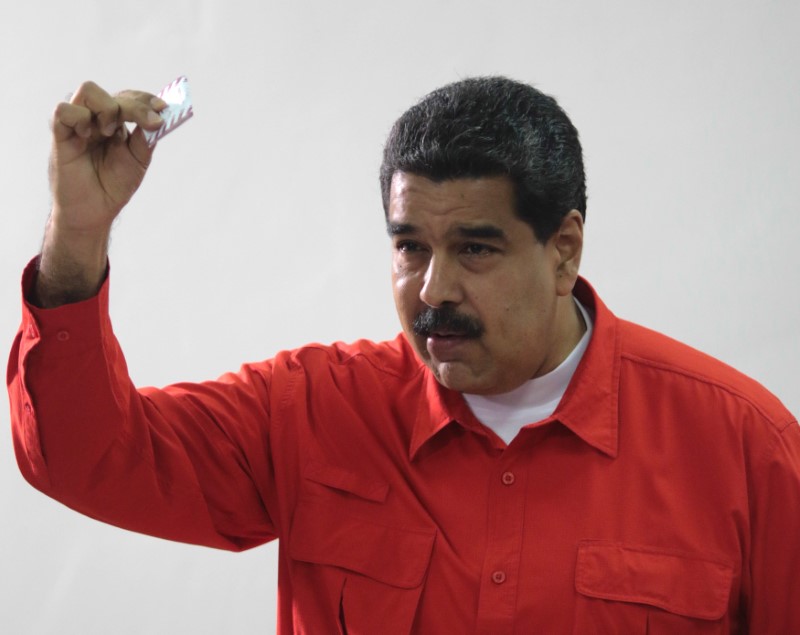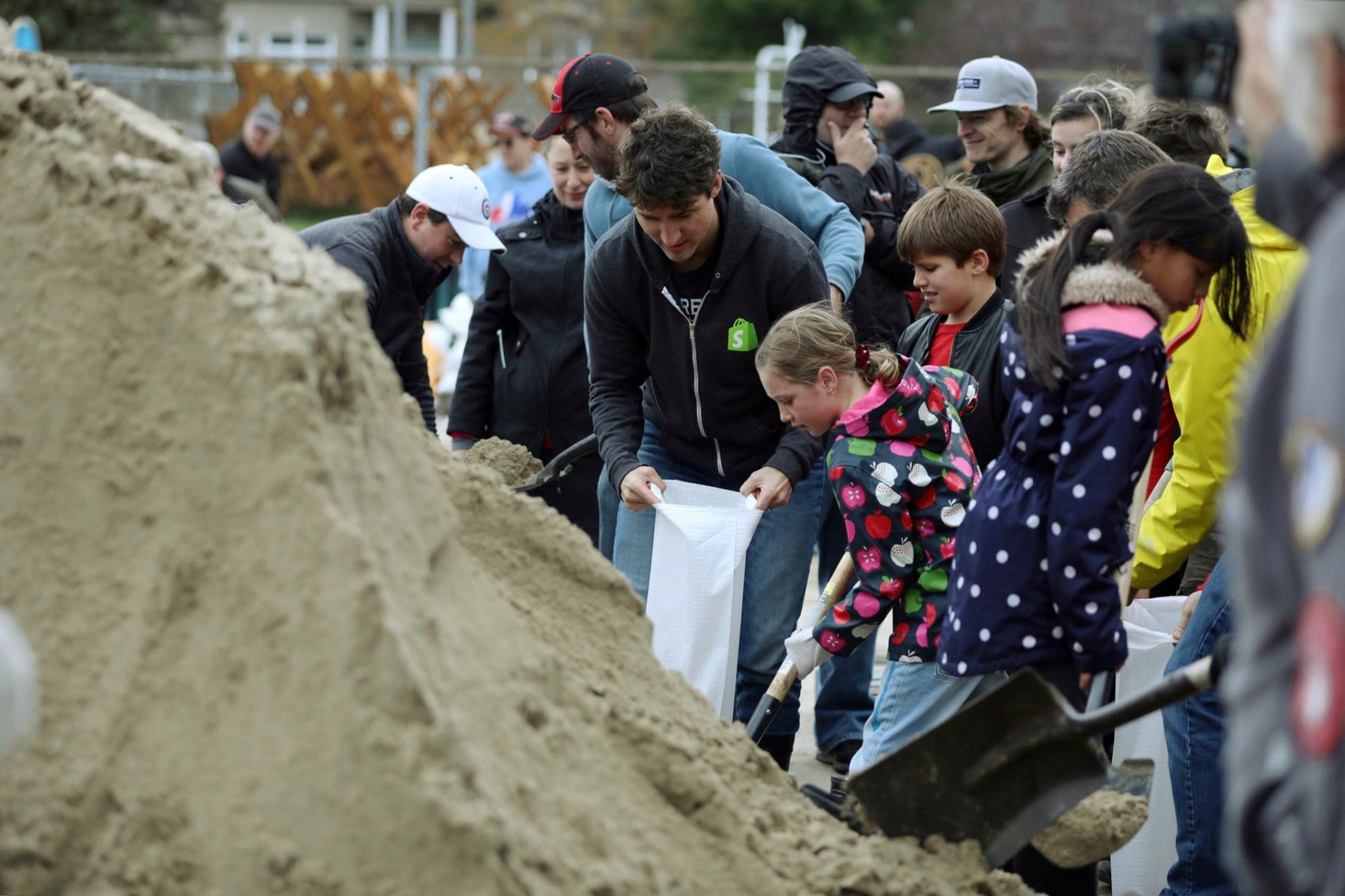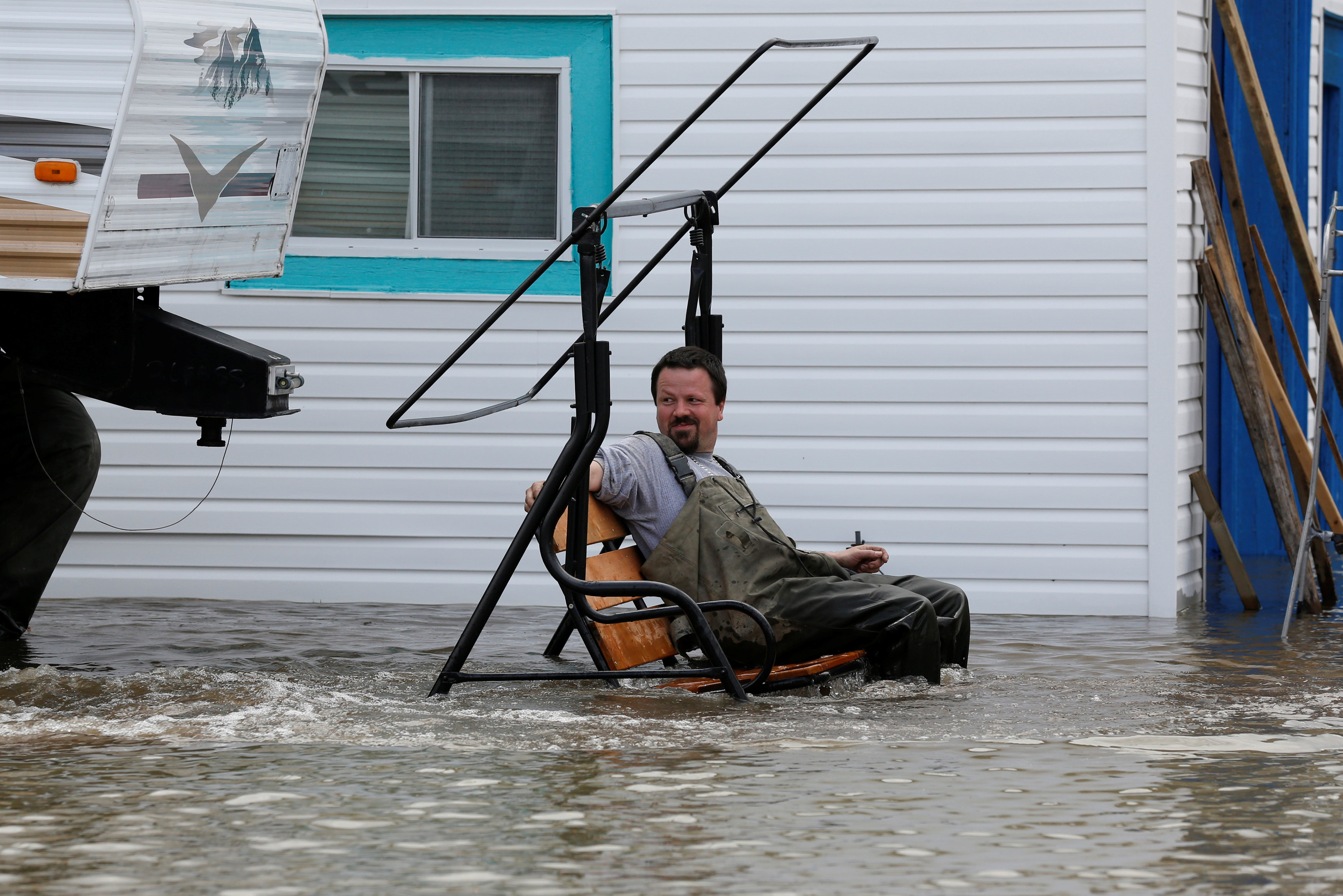
By Asif Shahzad
ISLAMABAD (Reuters) – A kidnapped U.S.-Canadian couple and their three children born in captivity have been freed in Pakistan, nearly five years after the couple was abducted in neighboring Afghanistan, Pakistani and U.S. officials said on Thursday.
American Caitlan Coleman and her Canadian husband Joshua Boyle were kidnapped while backpacking in Afghanistan in 2012 by the Taliban-allied Haqqani network, which the United States has long accused Pakistan of failing to fight.
U.S. President Donald Trump, who has been highly critical of Islamabad, praised Pakistan’s cooperation with the U.S. government over the freeing of the hostages, saying it represented “a positive moment” for U.S.-Pakistan relations.
“The Pakistani government’s cooperation is a sign that it is honoring America’s wishes for it to do more to provide security in the region,” Trump said in a statement.
The Pakistani army and U.S. government statements offered no details about the operation itself.
The Pakistani army said its forces “recovered” the hostages after acting on U.S. intelligence about their passage into Pakistan from Afghanistan. A U.S. State Department statement used the word “rescue” to describe efforts by the U.S. and Pakistani governments to secure the hostages’ release.
Coleman was pregnant at the time she was kidnapped, and a video released by the Taliban in December showed two sons born while she and her husband were hostages.
Thursday’s statements from Islamabad and Washington were the first mention of a third child.
Canadian Foreign Minister Chrystia Freeland asked for respect for the family’s privacy and thanked the governments of the United States, Pakistan and Afghanistan for their efforts to win the hostages’ release.
“Joshua, Caitlan, their children and the Boyle and Coleman families have endured a horrible ordeal over the past five years. We stand ready to support them as they begin their healing journey,” Freeland said.
The Pakistani effort came as Pakistan and the United States, uneasy allies in fighting Taliban and other Islamist extremists in the region, are experiencing one of the worst lows in their relations.
In recent days, senior U.S. officials have been more pointed about Islamabad’s alleged ties to militant groups, who are battling against U.S. and U.S.-backed forces in neighboring Afghanistan.
The United States has repeatedly accused Pakistan of granting safe haven to militants fighting a 16-year-old war in Afghanistan, further complicating a drawn out conflict that the U.S. military has described as a stalemate between the Taliban and U.S.-backed Afghan government forces.
Last week, U.S. Defense Secretary Jim Mattis said the United States would try “one more time” to work with Pakistan in Afghanistan before Trump would “take whatever steps are necessary” to change Pakistan’s behavior.
Pakistan touted the success of the operation as proof of the strength of the alliance.
“The success underscores the importance of timely intelligence sharing and Pakistan’s continued commitment toward fighting this menace through cooperation between two forces against a common enemy,” the Pakistani army statement said.
U.S. intelligence agencies had been tracking the hostages and on Wednesday shared that the family had been moved to Pakistan through Kurram tribal area border, the army said. No other details were immediately available.
U.S. Secretary of State Rex Tillerson said Trump’s strategy in the region recognized “the important role Pakistan needs to play to bring stability and ultimately peace to the region.”
“The United States is hopeful that Pakistan’s actions will further a U.S.-Pakistan relationship marked by growing commitments to counterterrorism operations and stronger ties in all other respects,” Tillerson said.
(Reporting by Asif Shahzad; Additional reporting by Phil Stewart in Washington, Andrea Hopkins in Ottawa; Editing by Nick Macfie, Andrew Heavens and Frances Kerry)












